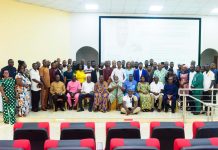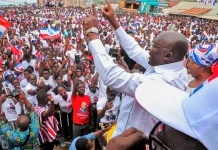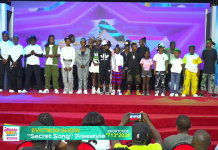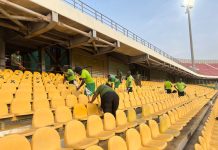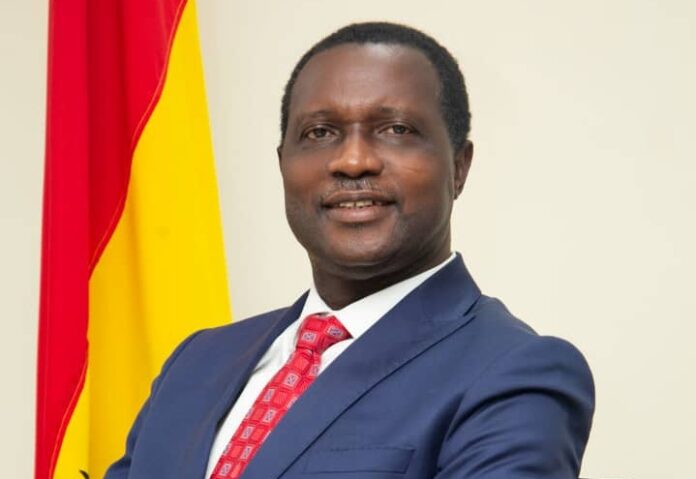The Ministry of Education has dismissed assertions made in a recent report by The Fourth Estate Media about the Wi-Fi for Schools Programme as false.
According to the Ministry, the study, which alleges a failure in service delivery and misuse of public funds, does not accurately reflect the facts.
This is featured in a news statement dated June 3, 2024 and signed by Kwasi Kwarteng, the Ministry’s Spokesperson.
The Fourth Estate alleged in its publication that government paid GHC56 million to a service provider, but the beneficiary schools still do not have internet access.
Reacting to the publication, the spokeswoman stated the Ministry’s side of the story, writing:
“In line with the Government’s Education transformation agenda, the Ministry of Education undertook a significant initiative to boost internet connectivity in educational institutions in 2019. This programme extended internet access to Senior High Schools, Colleges of Education, and Regional and District Education offices across Ghana, thereby enhancing learning, administration, and research capabilities.
Mr Kwarteng said, “The Ministry secured Public Procurement Authority (PPA) approval for two phases of the project. Phase one (1). in August 2019, to engage Busy Internet Ghana Limited for Wi-Fi provision in 717 Senior High Schools at a cost of GHS 59,909,658.00. This covered supply, installation, and maintenance of hardware devices, with a recurring sum of dedicated internet not exceeding GHS 2.673,013.44.
Phase two (2) of the project expanded the scope to include all 16 Regional Education Directorates/offices, 46 Colleges of Education, and 260 District Education Offices of GES at a cost of GHS 24,500,000.00 plus a recurring monthly dedicated internet of an amount not exceeding GHS 3,700.000.00. The total contract sum amounted to GHC 84 million, covering hardware supply, installation, maintenance, training, and testing across 1,013 institutions (sites) including SHSs, Colleges of Education, Regional, and District Offices of Education.”
In line with the review clause in the contract signed in 2019, the spokesperson noted that “an upward review of monthly recurring costs was approved by the PPA and capped to an amount not exceeding GHS11,522,661.81 in 2023 due to the prevailing Inflation, and foreign exchange rates. Despite the approved amount of recurring expenditure, it is important to understand that the Ministry only pays for the accessible dedicated Internet and not necessarily the total capped monthly cost.”
“Wi-Fl functionality depends on multiple components, including routers, cables, and access points. Any malfunction in these components can affect service. Similarly, Wi-Fi access is primarily limited to specific areas within schools (library blocks, administration blocks, and ICT Laboratories),” the Ministry of Education clarified.
“Service compensation for the payment of any monthly cost is prorated as required by the terms of the contract. Specifically, the contract provides that the supplier shall be compensated on a pro-rata basis. The effect is that any downtime up to and exceeding half of a particular month will not be paid for. This means that despite the approved amount of recurring expenditure, the Ministry does not pay a pesewa if services do not reach the 50, (less than half of the month) threshold in a particular month,” the release said







